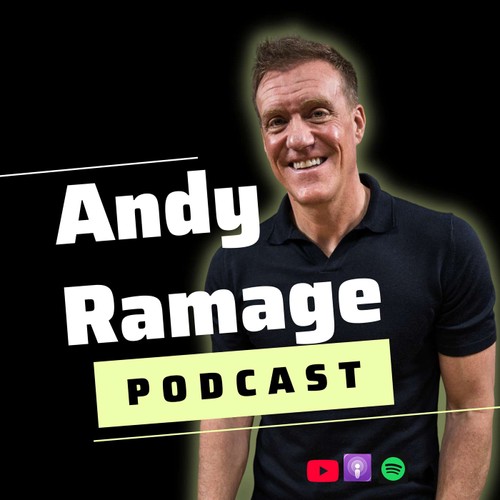
 Andy Ramage Podcast
Andy Ramage Podcast Hacker-Turned-Monk Klaus Neilsen on Ditching Alcohol and How To Find Your Purpose!
6 snips
Dec 23, 2024 Klaus Neilsen, an executive coach and former Buddhist monk, shares his captivating journey from cyber hacking and DJing to living a life of purpose. He discusses the challenges he faced with alcohol and how it obstructed his spiritual growth. Klaus emphasizes the importance of confronting life's bigger questions and finding joy in sobriety. He highlights the shift from self-centeredness to generosity, illustrating how helping others brings true fulfillment. Klaus's insights encourage embracing change and developing a meaningful life through inner exploration.
AI Snips
Chapters
Books
Transcript
Episode notes
Klaus's Early Life and Search for Meaning
- Klaus Nielsen, born in Denmark, felt something was missing from his privileged life.
- He explored various subcultures, from hacking to being a techno DJ, seeking meaning but finding increasing misery.
Klaus's Monkhood and Transition to Coaching
- Klaus, overwhelmed by misery, went to India and became a monk for seven years.
- He taught and rose in the spiritual hierarchy but left to work with people experiencing burnout in London.
Distraction vs. Purpose
- Seeking happiness through distractions leads to frustration because senses are never truly satisfied.
- True purpose comes from something bigger than oneself, which intoxication hinders.











